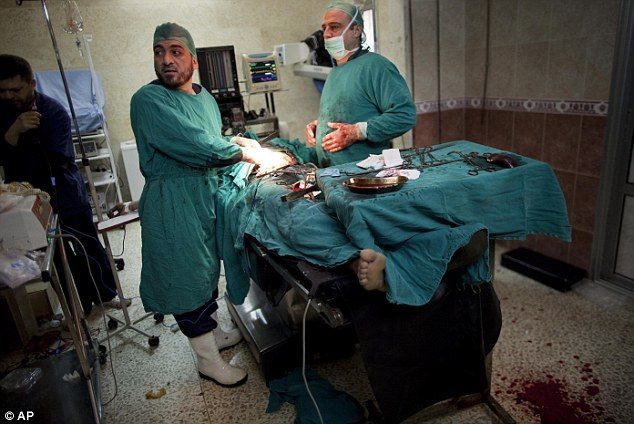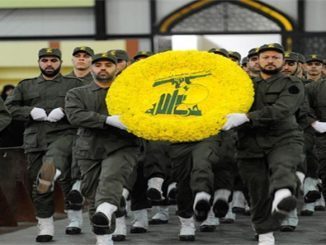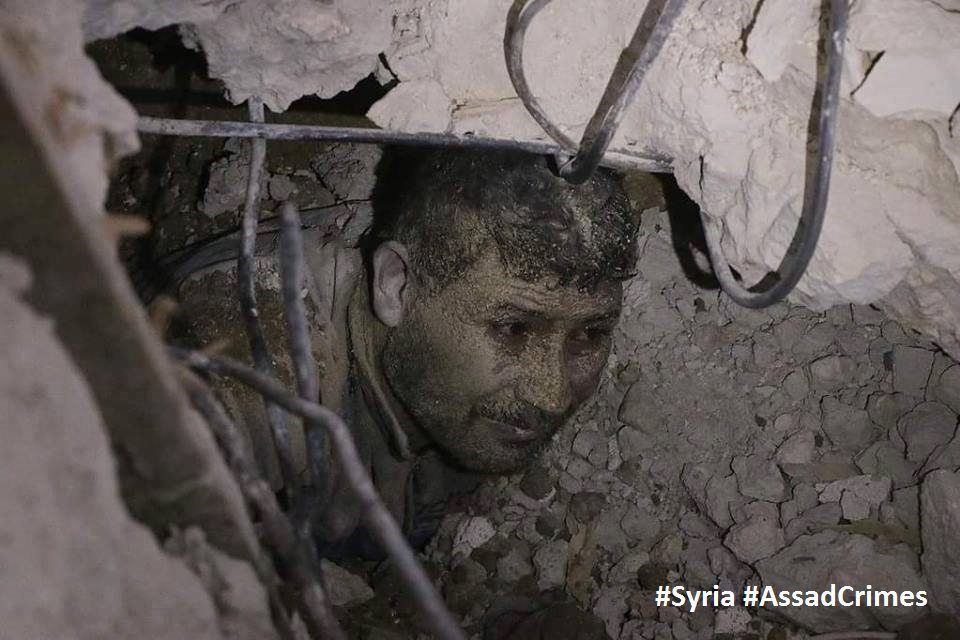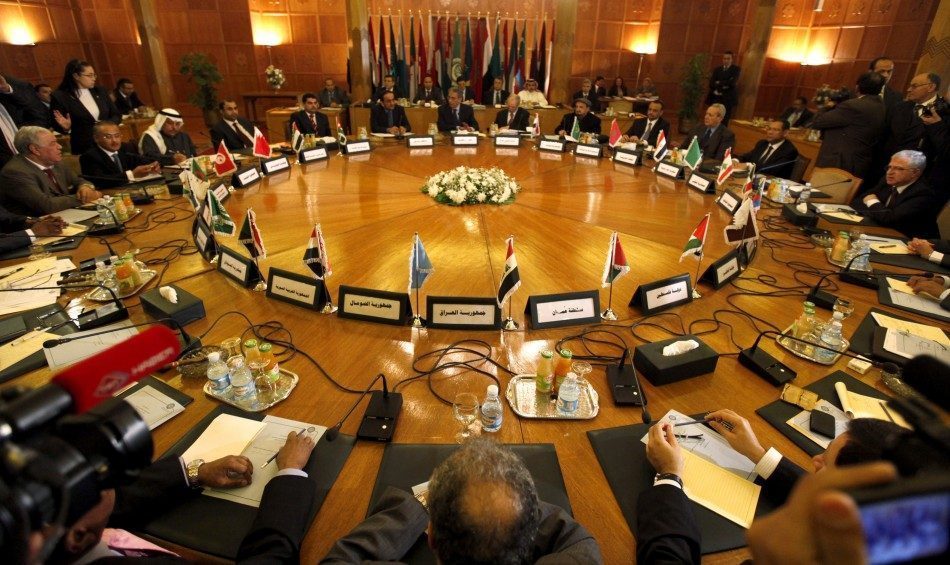
A hospital in Syria’s northwestern Latakia province has been forced to operate underground owing to fierce bombardments by the Bashar al-Assad regime.
Set up almost five years ago in Latakia’s opposition-held Turkmen Mountain region, the Yamadi Hospital treats injured people from rural areas of Latakia and Idlib provinces.
In May, the Assad regime resumed bombardments on Latakia’s Turkmen Mountain and Jabal al-Akrad regions, ending a brief lull that had prevailed in the two areas following a cessation-of-hostilities agreement brokered by the U.S. and Russia.
Turkmen Mountain (Jabal Turkmen in Arabic) in western Latakia and the Eastern Ghouta district of Syria’s Rif Dimashq province — along with parts of the Hama and Homs provinces — have also seen fierce clashes between regime and opposition forces.
The hospital changed its location six months ago after the two-story building became unserviceable as a result of repeated attacks.
After changing its location, the hospital was again targeted by the regime, so it began to operate in a 12-meter-wide gallery dug into a nearby mountainside.
Tawfik Mulla Musa, the hospital’s administrative chief, told Anadolu Agency that the hospital — which was built through charitable donations — has been forced to operate in three different locations over the last six months.
“At one point we moved the hospital to a tent on the border, where we treated 100 injured people in a single day,” he said.
“But these locations were hit as well. Our ambulances were blown to bits and our personnel were wounded,” he recalled.
“We finally resorted to opening the hospital underground,” he added. “We dug a gallery into the mountainside and fortified it with trees. Now it serves as both a shelter and hospital.”
According to Musa, doctors and nurses themselves dug the gallery and poured the concrete.
Humanitarian duty
Musa said the hospital’s 44-strong staff, including seven doctors, is working in very bad conditions.
“Our conditions are very bad. There is so much moisture as we are working underground,” he said. “We are using a generator as there is no electricity.”
Abu Furkan, one of the hospital’s doctors, said the hospital had been repeatedly targeted by regime forces.
“A bomb has fallen onto the hospital building six months ago. The hospital became unserviceable. Then we found two more locations but we could not escape bombs,” said Furkan, who has been working in the hospital for four years.
The doctor said hospitals should not be targeted during wars.
“We are doing a humanitarian duty here. We don’t ask anyone about his religious opinion, race or political view,” he said.
“We treat all sick and wounded people whether Turkmen, Arab, Kurdish, Alevi, Sunni or Armenian. We never ask about their identities because our job is to treat,” Furkan said. Syria
“First of all we have to save people. We need help for the hospital. We are not powerful anymore. We need doctors in several branches. We are waiting for the contribution of eye, gynecological diseases and physiotherapy doctors too.”
The Syrian crisis began as a peaceful demonstration against the injustice in Syria. Assad regime used to fire power and violence against the civilians and led to armed resistance. 450.000 Syrians lost their lives in the past five years according to UN estimates, and more than 12 million have lost their homes.



